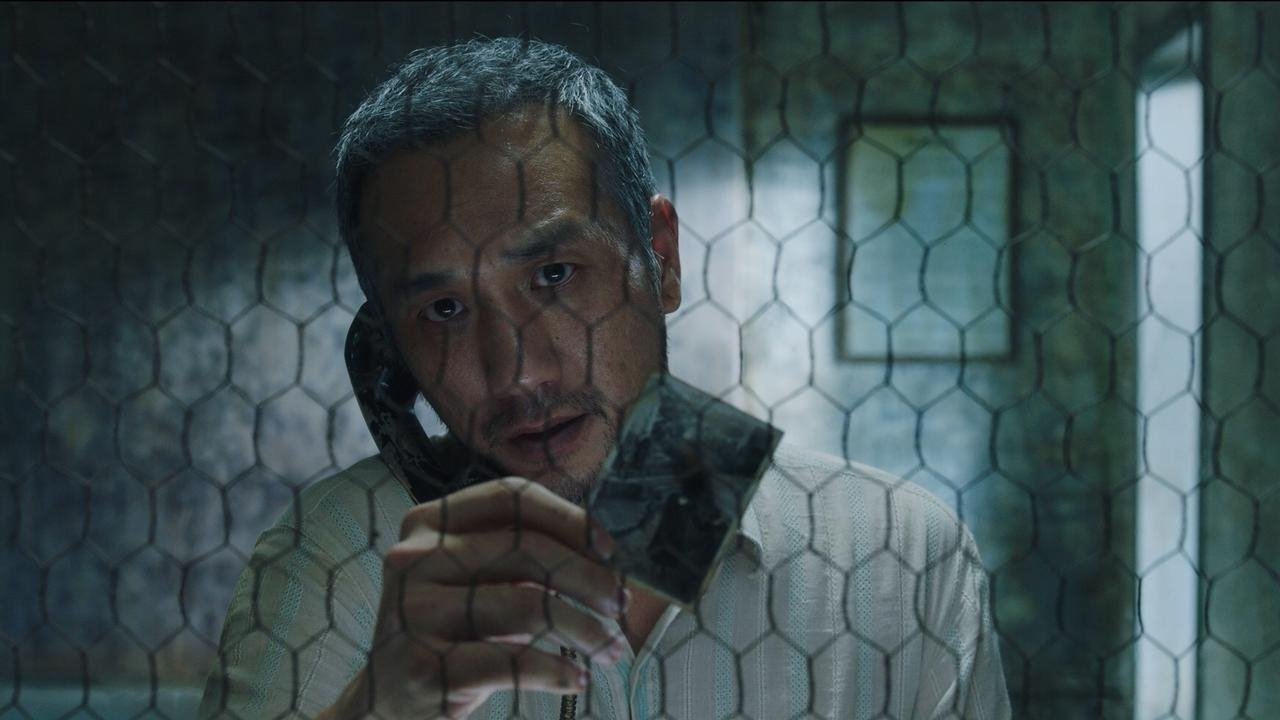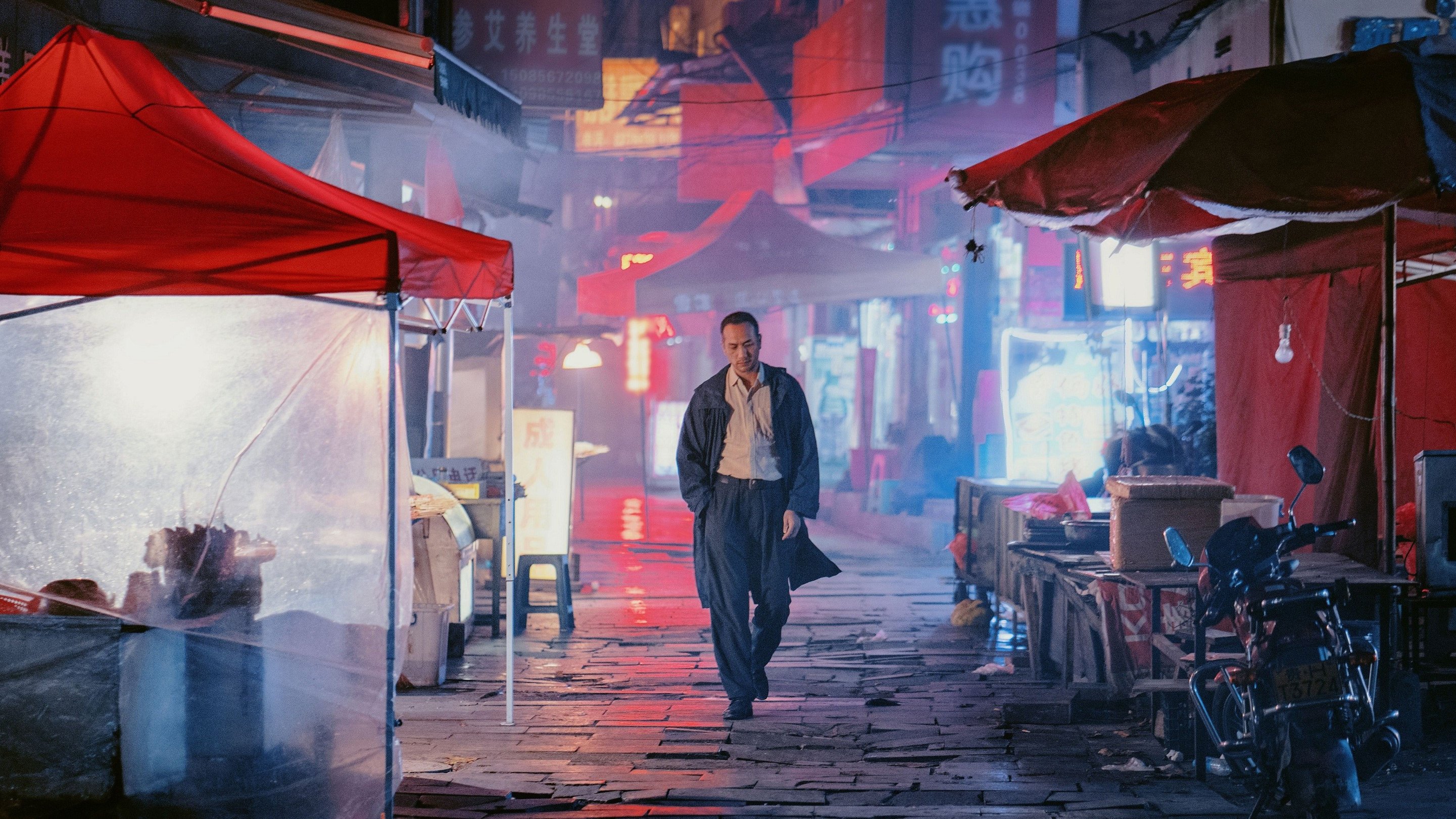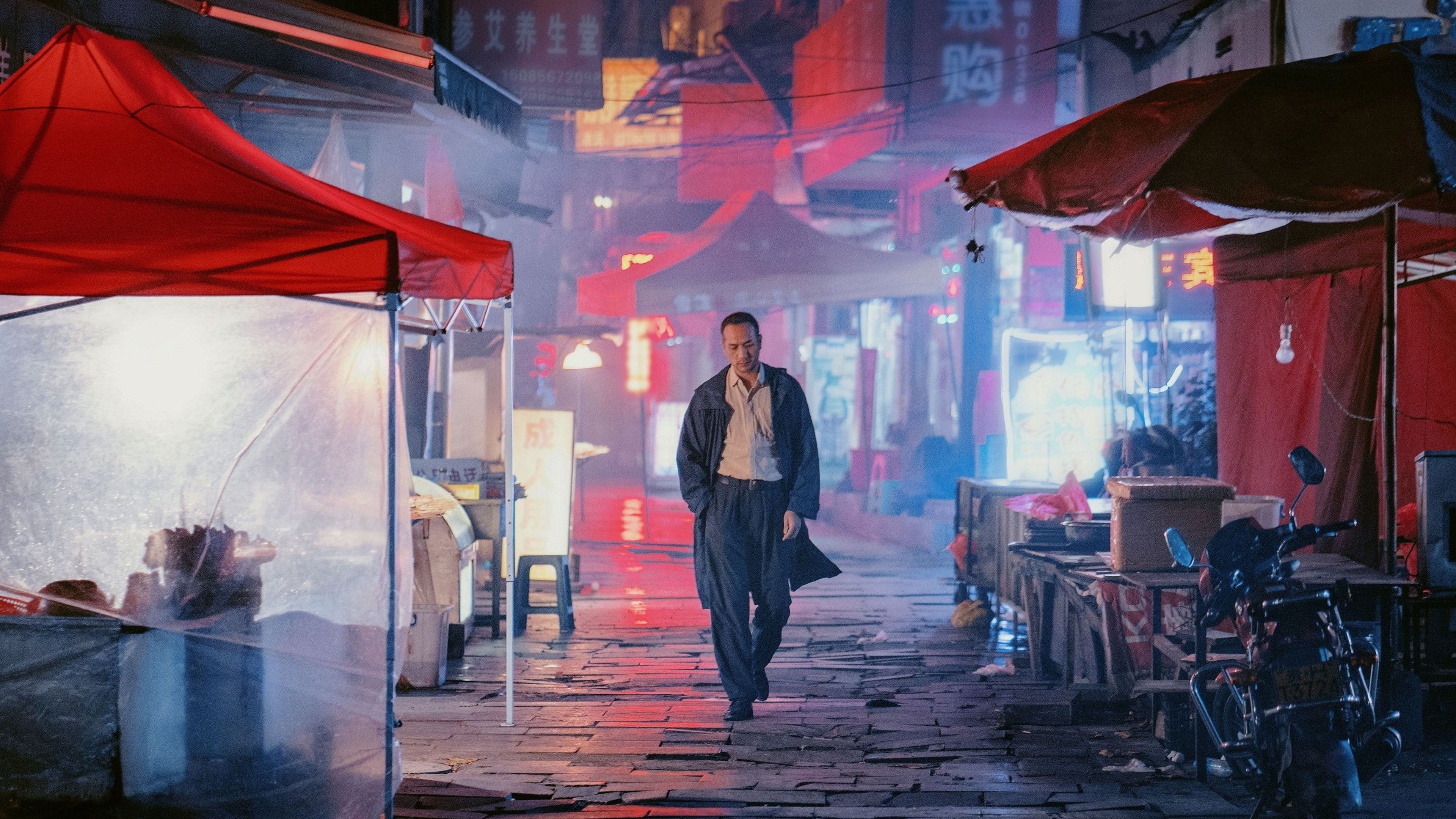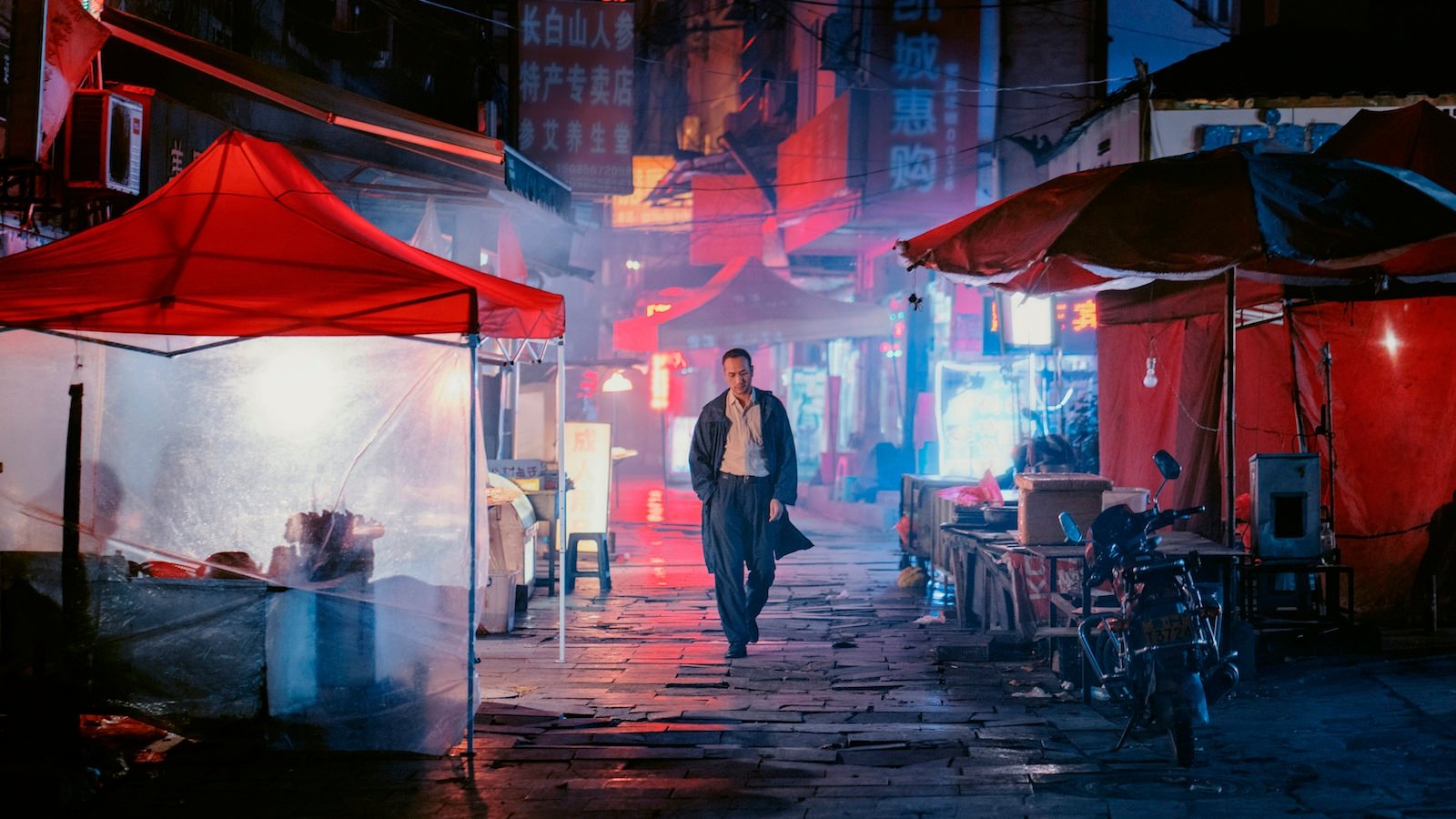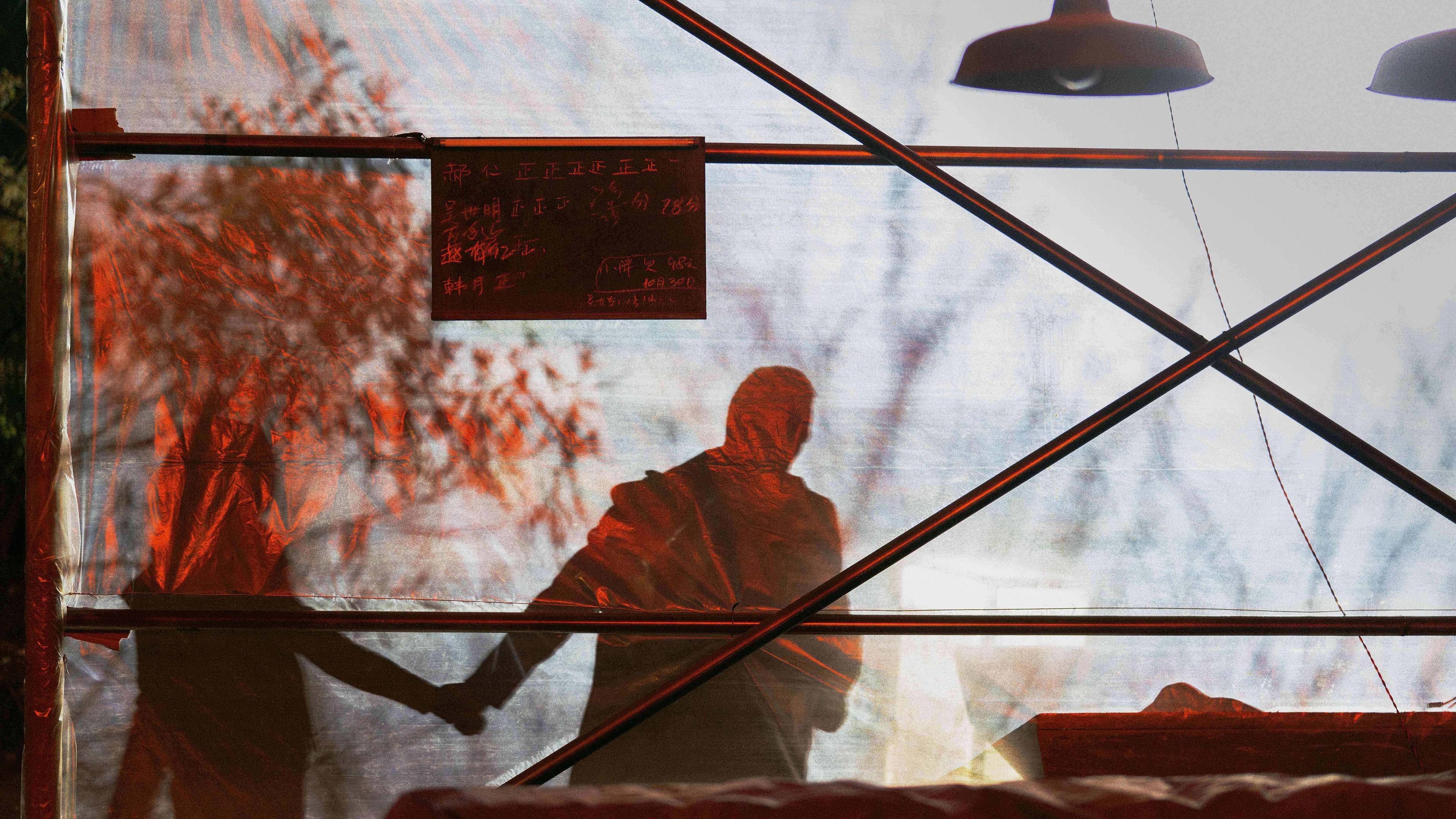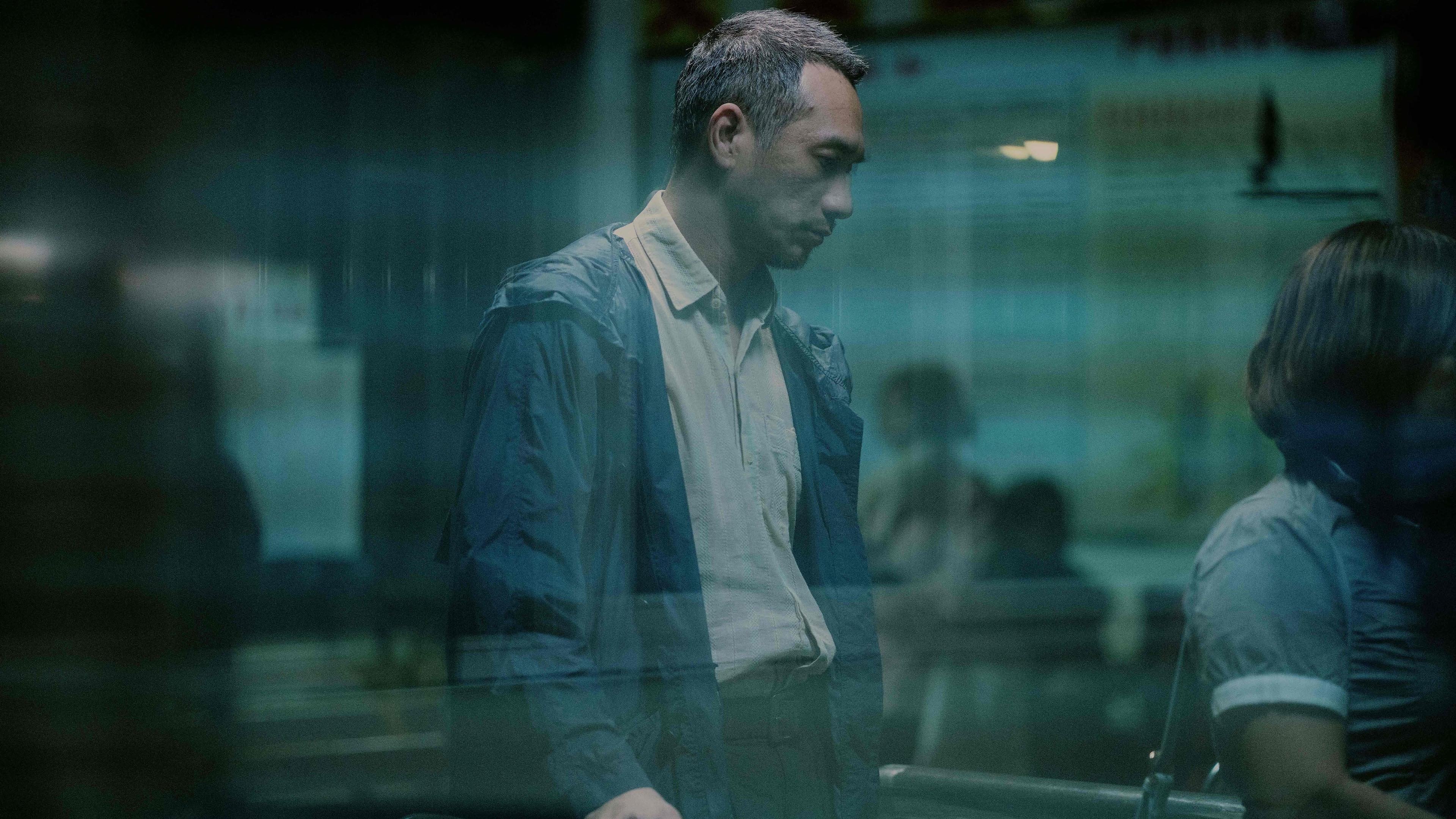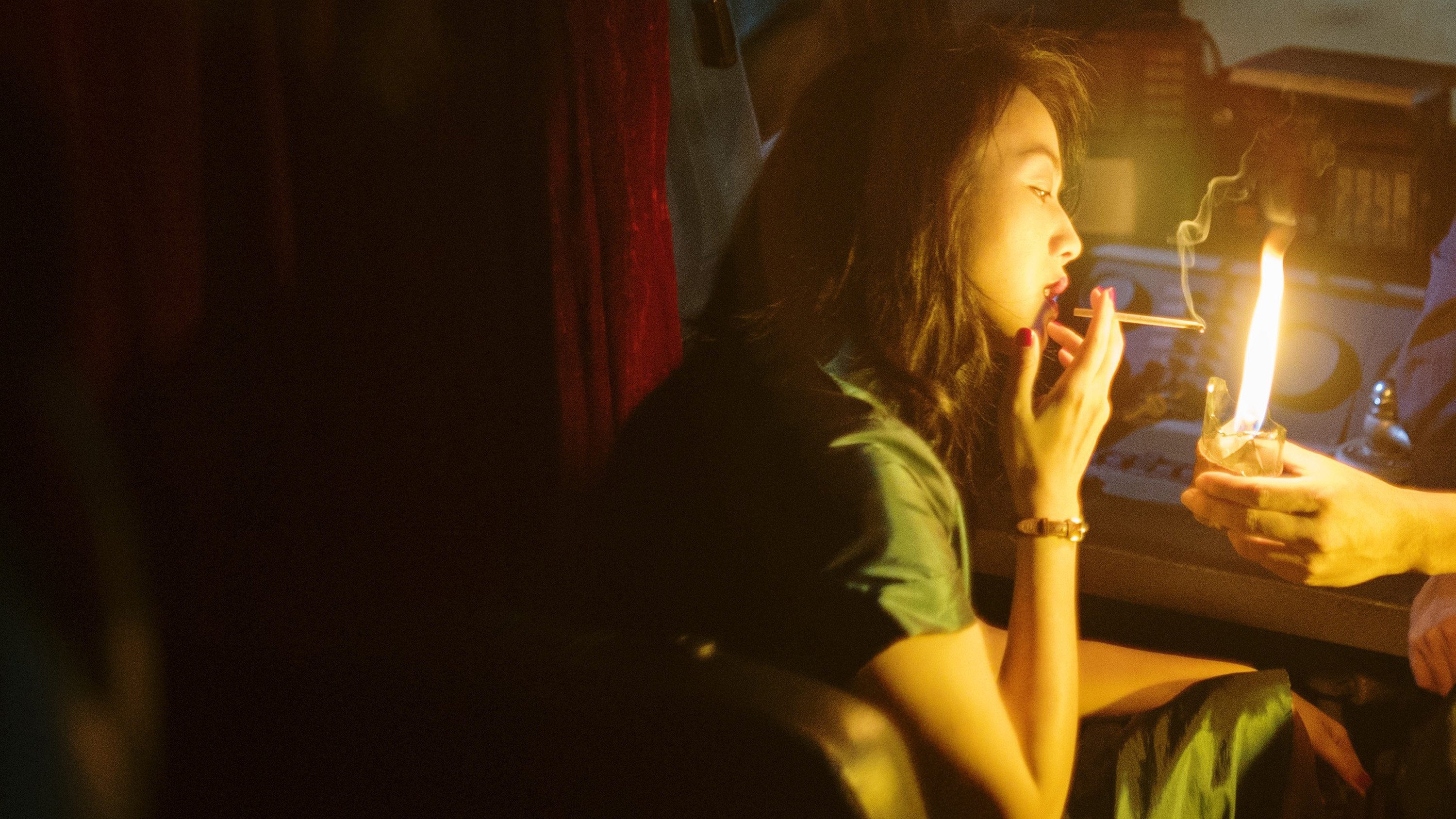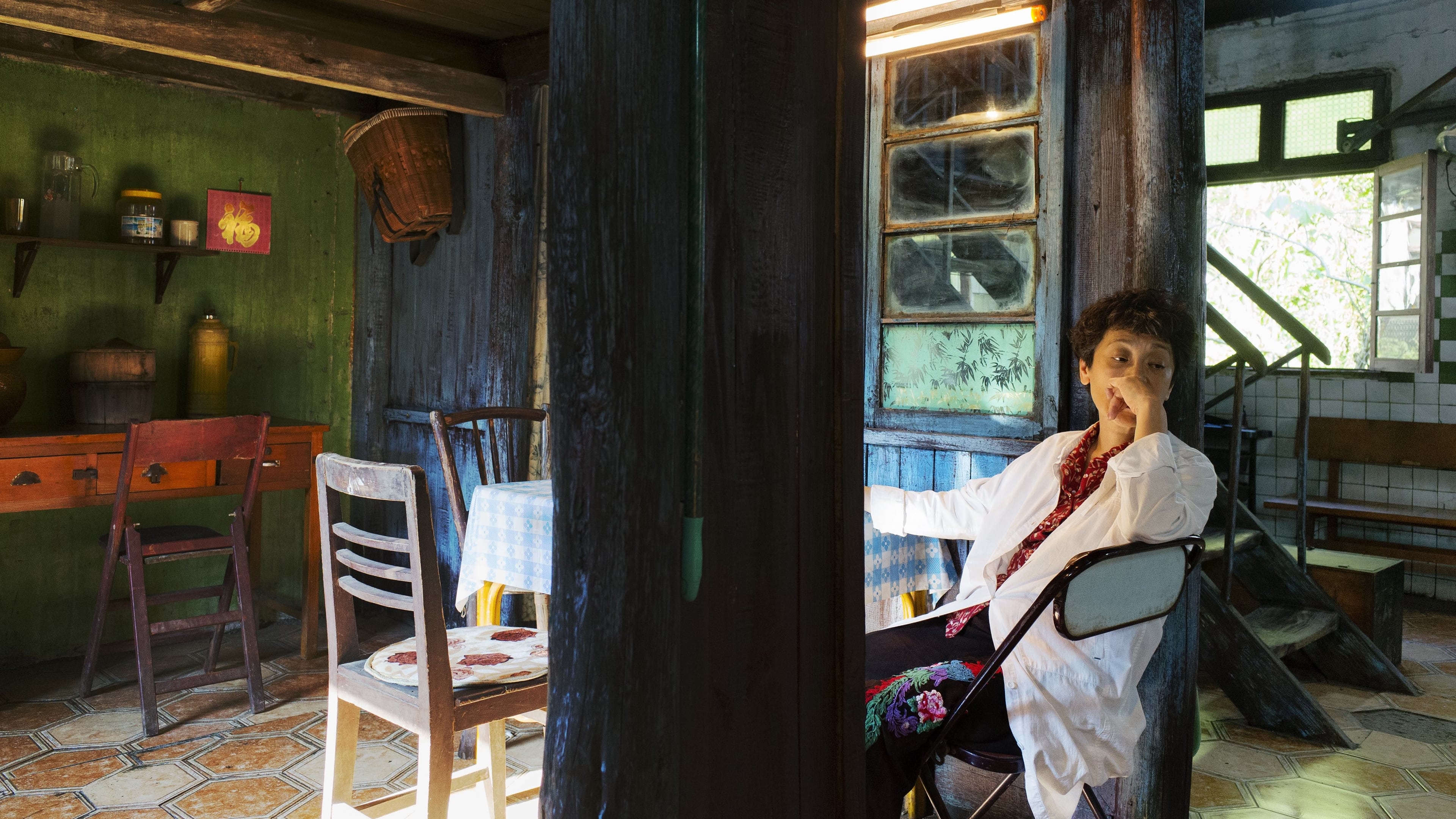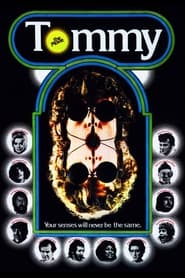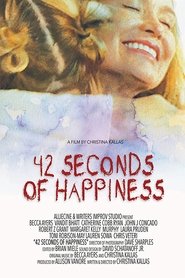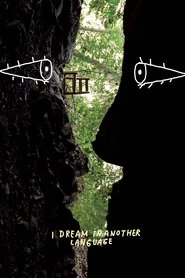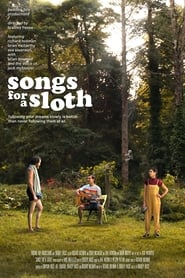
Video Sources 0 Views
Synopsis
Watch: 地球最后的夜晚 2018 123movies, Full Movie Online – Luo Hongwu returns to Kaili, the hometown from which he fled 12 years earlier. As memories of an enigmatic and beautiful woman resurface – a woman he loved and whom he has never been able to forget – Luo Hongwu begins his search for her. Past and present, reality and dream interweave in Bi Gan’s stunningly beautiful and highly innovative film noir..
Plot: Luo Hongwu returns to Kaili, the hometown from which he fled many years ago. He begins the search for the woman he loved and whom he has never been able to forget.
Smart Tags: #written_by_director #ping_pong #long_take #brunette #night #billiards #kiss #3d_glasses #ping_pong_table #playing_ping_pong #ping_pong_paddle #train #gun #dress #green_dress #kiss_on_the_lips #kaili_china #playing_pool #pointing_a_gun_at_someone’s_head #year_2000 #hung_by_one’s_wrists
Find Alternative – 地球最后的夜晚 2018, Streaming Links:
123movies | FMmovies | Putlocker | GoMovies | SolarMovie | Soap2day
Ratings:
Reviews:
‘Long Day’s Journey into Night’ is certain to test the patience of some audiences. It may be too esoteric, too inward, too meditative, perhaps appear too aimless. However, there’s was something about it that fascinated me, whether it was the protagonist’s myth-like search into his physical and metaphysical past (played with weary longing by Jue Huang) or the uncompromising and careful manner of Gan Bi’s storytelling. The film is much more than its famous set-piece, and at the same time all about that set-piece; a feat of filmmaking that is as impressive as it is dramaturgically vital, where dream and fantasy and longing flow together like a river, one that invites you to step in and float along with it, wherever it takes you.
– Daniel LamminRead Daniel’s full article…
https://www.maketheswitch.com.au/article/review-long-days-journey-into-night-art-and-technology-meet-in-a-dream-like-film-noir
Review By: SWITCH.
**_A luminous esoteric puzzle_**>_Les lieux que nous avons connus n’appartiennent pas qu’au monde de l’espace où nous les situons pour plus de facilité. Ils n’étaient qu’une mince tranche au milieu d’impressions contiguës qui formaient notre vie d’alors; le souvenir d’une certaine image n’est que le regret d’un certain instant; et les maisons, les routes, les avenues, sont fugitives, hélas! comme les années._
>[_The places that we have known belong now only to the little world of space on which we map them for our own convenience. None of them was ever more than a thin slice, held betwe__en the contiguous impressions that composed our life at that time; remembrance of a particular form is but regret for a particular moment; and houses, roads, avenues are as fugitive, alas, as the years._]
– Marcel Proust; _Du côté de chez Swann_ (1913)
>_The Greek word for “return” is nostos. Algos means “suffering.” So nostalgia is the suffering caused by an unappeased yearning to return._
– Milan Kundera; _Ignorance_ (2000)
Marketed in China as a romance, _地球最後的夜晚_ [lit. trans. _Last Evenings on Earth_] was released on December 31, 2018, earning an unexpected $38 million at the Chinese box office on its first night. However, when the young couples looking forward to a mainstream romantic date movie to ring in the New Year found themselves watching a cryptic 150-minute labyrinthine meditation on the nature of memory, with the niceties of plot and character development very much subservient to mood, tone, and formal experimentation, they reacted with bemusement, to put it mildly. January 1 saw a flurry of angry social media posts, with “can’t understand _Last Evenings on Earth_” trending, and the forums of ticket merchant Maoyan flooded with negative reviews, earning the film an audience rating of 2.8/10. Needless to say, business dropped off somewhat thereafter, and when the film’s theatrical run concluded three weeks later, it had earned a total of $41 million, meaning that roughly 93% of its box office was earned on opening night.
And to be fair, I can understand the confusion and belligerency. Released in English-language markets as _Long Day’s Journey Into Night_, the film is the love child of Andrei Tarkovsky and Wong Kar-wai, garnished with a truly batshit insane salad-dressing made up of an unholy mixture of filmmakers such as Peter Greenaway, David Lynch, Guy Maddin, and Leos Carax, playwrights Samuel Beckett and Harold Pinter, poet Paul Celan, painters Marc Chagall, Francis Bacon, and Jackson Pollack, and novelists Franz Kafka, Marcel Proust, and Patrick Modiano; not exactly a compendium of the most accessible artists of all time. As unconcerned with formal conventionality as it is with narrative resolution, this is an art-house movie through and through, an esoteric puzzle made up of two distinct parts. Whilst the 2D first half is a measured, but reasonably conventional albeit non-linear noir, the second is composed of an unbroken 50-minute 3D shot that’s as aesthetically audacious as it is narratively elliptical, and I honestly do feel for those bewildered Chinese audiences expecting to ring in the New Year with a gently romantic film. Because it most certainly isn’t that. The second feature from 30-year-old self-educated writer/director Bi Gan, _Long Day’s Journey_ is aggressively enigmatic, and the absence of character arcs, the formal daring, the languorous pacing, and the resistance to anything approaching definitive conclusions, will undoubtedly see many western audiences reacting similarly to their Chinese counterparts – equal parts bafflement and infuriation. However, if you can get past such issues and go with the film on its own terms, you’ll find a fascinatingly esoteric examination of the protean nature of memory, a film that in both form and content seems to belie its writer/director’s youth and relative inexperience.
_Long Day’s Journey_ tells the story of moody loner Luo Hongwu (Huang Jue), a man haunted by his past. In 2000, he met and had a brief but memorable relationship with the mysterious Wan Qiwen (Tāng Wéi), whom he has never been able to forget. When he returns to his home city of Kaili to bury his father, he finds himself attempting to track down Qiwen, as the story of their relationship is told via flashbacks, revealing her involvement with karaoke-loving gangster Zuo Hongyuan (Chen Yongzhong) and Luo’s own unresolved trauma concerning the murder of his friend Wildcat (Li Hóngqí). However, it soon becomes apparent that just because Lou remembers a thing doesn’t necessarily mean that that thing happened. When his search leads him to a dingy movie theatre, he puts on a pair of 3D glasses and falls asleep, finding himself in an abandoned mine from which his only hope of escape is to beat a young version of Wildcat (Feiyang Luo) at ping pong. The rest of the film takes place in his dream world. Or in the 3D movie playing in the theatre. Or in an amalgamation of both. Or in something else entirely.
_Long Day’s Journey_’s biggest selling point is unquestionably the aesthetically audacious second hour. The film starts as a garden variety noir – the world-weary voiceover, the femme fatale revealed through flashbacks, smoke-filled rooms, the back alley meetings, the dangerous gangster, the troubled friend, the darkly fatalistic tone. There’s even a clue written on the back of a photo. However, all of these genre markers are jettisoned when Luo enters the cinema, putting on his 3D glasses, just as the audience is prompted to do likewise. The film’s title card then appears onscreen for the first time (a full 70 minutes in), and the movie adopts a far more elliptical and esoteric stance than the investigative noir structure of the first half.
Unlike ‘single-take’ films such as Gaspar Noé’s _Climax_ (2018), Erik Poppe’s _Utøya 22. Juli_ (2018), and Sam Mendes’s _1917_ (2019), which use long-takes and ‘hidden’ edits to give the effect of a single-shot, the second half of Long Day’s Journey follows films such as Alexander Sokurov’s _Russkij Kovcheg_ (2002) and Sebastian Schipper’s _Victoria_ (2015) insofar as it was legitimately shot via one single take. And not only that, but it’s a complex and visually layered shot too, featuring drones, Steadicams, intricate blocking, elaborate external locations with multitudes of people, practical effects, complex interior locations, even a lengthy sequence set on a zip line. Considering the scope, it would be an impressive enough technological accomplishment in 2D, but that it was filmed with bulky 3D cameras is almost unbelievable, and that three cinematographers (Yao Hung-I, Dong Jinsong, and David Chizallet) worked on the project is unsurprising – Hung-I shot half of the 2D material, Jinsong shot the rest of the 2D material and planned the 3D sequence, whilst Chizallet actually shot the sequence.
What’s especially laudable about the sequence, however, is how it never becomes gimmicky. Most movies released in 3D have no real thematic justification for being in 3D, nothing in their content to justify their form, whilst films such as _Victoria_ have no real thematic justification for being single-shots. _Long Day’s Journey_, however, justifies both decisions – the single-shot works in tandem with the 3D to create a vibrant and complex world of depth and vitality, but one that never seems completely real; there’s always the sense of an artifice, something highly ‘subjective’ getting between the audience and the on-screen images, as if we’re not seeing things objectively but instead seeing an individual’s interpretation of things – it’s reality, but it’s mediated reality, with all the subjective distortions that such a thing implies.
This is a film about memory, specifically the idea that memory can be deceptive, and may have as much to do with dreams as with objective reality. In this sequence, as memory, reality, and dream seem to blend into one another, with even identity itself dissolving (several of the main actors re-appear in completely different parts), Gan shows us something that approximates a dream as well as anything you’re ever likely to experience, outside actually dreaming. Any film can throw something surreal onscreen and call it a dream scene, but _Long Day’s Journey_ manages to convey not just the content of a dream, but the illogical _texture_ of a dream. You replace the 3D images with 2D images, or you replace the single-shot with edited content, and you fundamentally lose that texture; the 3D/single-shot form is as important as James Joyce’s removal of punctuation is in creating the impression of a mind on the brink of falling asleep in the last episode of _Ulysses_ – restore the punctuation, and the interrelatedness of form and content is lost.
Speaking of literature, although the film may seem unrelated to Eugene O’Neill’s 1941 play (the Chinese title similarly references a short story collection by Roberto Bolaño), a common theme is memory and the all-consuming power of time. The conventional first half of the film concerns itself not just with memory, but with the imperfect nature of memory, essentially suggesting that obsession is nothing more than a trick of the mind, an attempt to reattain something that may never have existed in the first place (also an important theme in the play). In the film’s press notes, Gan explains;
>_it’s a film about memory. After the first part, I wanted the film to take on a different texture. In fact, for me, 3D is simply a texture. Like a mirror that turns our memories into tactile sensations. It’s just a three-dimensional representation of space. But I believe this three-dimensional feeling recalls that of our recollections of the past. Much more than 2D, anyway. 3D images are fake, but they resemble our memories much more closely._
Indeed, it’s worth noting that the most recurrent visual motif in the film is that of reflection – not just in mirrors, but so too in puddles, which act as slightly more distorted (subjective?) versions of the relatively perfect reflection one gets from a mirror. So even here, one can see that Gan is examining the distortions of memory and the fault line between objectivity and subjectivity.
All of which will probably go some way to telling you whether or not you’re likely to enjoy _Long Day’s Journey_. Make no mistake, this is an esoteric film that isn’t especially interested in plot or character, and which uses form to explore complex issues such as memory, subjectivity, and obsession. It’s rarely emotionally engaging in a conventional sense and the minimalist plot can result in some rather glib moments. The storyline is elliptical, the characters archetypal, the themes subtle, and, all things considered, the very aspects which one person will find transformative, will completely alienate another. You either embrace the emphasis on mood and tone, or you fight it, trying to find a linear narrative through-line. Personally, I loved its formal daring and admired Gan’s confidence and the singularity of his vision, but at the same time, I found each section outstayed it’s welcome a little, and felt the first half could lose a good 15 minutes, and the second around 10 or so. Gan also walks a very fine line between emotional detachment and emotional alienation, and it’s a line he crosses a couple of times. Nevertheless, this is an awe-inspiring technical achievement, an ultra-rare example of a film which perfectly matches form to content, and a fascinating puzzle that trades in the undefinable nuances of memory. If you have the patience to work with it, the rewards are many.
Review By: Stephen Campbell
I am Chinese and I love It!
Everyone reading this review, please forgive me for my perhaps strange sounding english, I’m from and currently lives in China.I saw this film today at a Local Cinema, in Dongguan, I must say I feel very fortunate having seen this, and also Jia Zhang Ke’s “Ash is the Purest White” in Cinema, normally in China, we only screen Popcorn Films, but never Art films. I heard about Longest Day’s Journey into the night a long time ago, when I found out this Chinese movie was competing for 2018’s Cannes Un Certain Regard! By the way, the chinese name of the film, “di qiu zui hou de ye wan”, actually means Earth’s Last Night, or Last Night on Earth, what an awesome name!
Words cannot describe what this movie is like, or how awesome it is, At least this is so for me, I simply cannot do it with words, but I believe this actually proves how good this movie is, since if words can describe it, it wouldn’t have accomplished its goal, the goal of motion picture, as a medium of art, is to express something that language cannot express, just like Beethoven’s Symphonies, or Monet’s paintings.
Many People won’t understand this movie, because they’re not Chinese, they don’t understand how the subtle details in this movie reminds us of our country, and even if chinese audiences are watching it, like the few that watched it with me tonight, won’t get it, because most Chinese people have almost no exposure to Art House Cinema, they usually watch 3 types of movies, Hollywood Action Flicks, Romantic Comedy, or Horror, that’s it.
The Film Score in this movie is also awesome, Bela Bartok wanted to write Hungarian Themed Muisc in the western classical fasion, the soundtrack in this movie is somewhat like Bartok’s, they have the same goal, this movie’s music comprise of Electronic Music featuring themes in the style of music from China’s minor ethnic cultures, this, plus the hour long single take dream sequence, make this film so rare a work of art, that it deserves to be charished.
Despite the dream-like scenes, and experimental techniques, the film actually captured realistically what contemporary rural china is like, which is rare, but it’s nothing like our urban areas right now, if anyone wants to see a good film featuring modern china’s major cities, I suggests the Chinese TV Comedy Drama: “Pretty Li Hui Zhen”, it’s very cheezy and childlish, but the portrayal of Shanghai is very realistic!
Thanks for reading!
Ni Guang Xin
Review By: o-90962
Truly dazzling and unforgettable, yet lacking in plot delivery
“Long Day’s Journey Into Night” is a dazzling and captivating look into the mind of one man’s obsession with a woman who disappeared inexplicably from his life several years ago, and his odyssey to uncover her current location. As China’s most financially successful arthouse release in history, foreign audiences will be equally captivated by this admittedly strange film’s humanity, surrealism, and bizarre familiarity.I first came to hear of this film after reading the extraordinary hype around its cinematography, which features a staggering 55-minute long cut that continues until the end of the film. Let me be abundantly clear that every ounce of this hype is deserved; perhaps even an understatement.
“Long Day’s Journey” is quite possibly the most aesthetically beautiful film I’ve ever seen. If not, it is certainly in the top five. Nearly every single frame of this film looks like it could belong in an art museum. It is shot impeccably, without error, for its entire 133 minute runtime. The cinematographers — of which there are three — heavily rely on color contrast, distortion in the shape of oscillating water, gorgeous close-ups, and slow dollying. It attaches itself effortlessly to the film’s dreamlike tone, like two perfect jigsaw pieces. It’s a platitude, I know — but it has to be seen to be believed. If there’s any justice in the world, “Long Day’s Journey” will be shown in college cinematography classes around the world for decades to come.
The film jumps back and forth from present day to roughly 20 years prior, when our protagonist Luo Hongwu (Huang Jue) was spending time with his since long-lost love, Wan Qiwen (Tang Wei). The cuts that change time periods are not always recognizable, and the overall delivery of the plot is muddled at times. I think that these subtle cuts were an intentional decision by the director, Bi Gan, to preserve a sense of dreamlike continuity that works in favor of the film’s tone. Unfortunately, it messed with the overall comprehension of the plot — at times it was unclear if the action on-screen was supposed to be occuring in present day, or in the past. About 30 minutes into the film, I noticed that Hongwu’s facial hair was slightly different depending on the time frame; once I figured this out, the unclear timeline wasn’t a huge issue for me. At the same time, I can completely understand why some would be utterly baffled by the film because of this. The two poor people who sat behind me never figured it out, frequently making comments about how confused they were, and I can’t blame them.
But at the same time, “Long Day’s Journey” isn’t truly about the plot. It’s about a man’s mind, and the feelings of beauty, pain, darkness, and light that comes with the notion of loving someone you should’ve moved on from a decade ago. In a way, the cinematography and the fantastic score are the true “directors” of the film, and bring these themes to life even more than the plot itself.
The final 55 minutes of the film — the long cut I mentioned earlier — is a clear break from the rest of the film; an “epilogue” if you will. It is entirely surreal, perhaps even nonsensical, and heavily alludes to themes and symbolism from the first 90ish minutes…similar to a dream you might have about the day you just lived through. The ending of the film is ambiguous and open to interpretation, like all dreams are. To that end, if I had to describe the entire film in one word, it would certainly be “dreamlike.”
This isn’t a film for everybody, and that’s okay. If you’re turned off by nonlinear storytelling, “Long Day’s Journey” won’t do you any favors; it’s not nearly as cohesive and accessible as other films that use the same format. However, I’d reckon that even if you had a difficult time understanding the plot, the overall tone and cinematography will guide you through the rest of the film. If you leave with nothing else, you’ll have seen one of the most visually beautiful films of all time.
Take it to the bank, you’ll see this film in the running for Best Foreign Film at the Oscars next year.
Review By: kim_smoltz
Other Information:
Original Title 地球最后的夜晚
Release Date 2018-10-07
Release Year 2018
Original Language zh
Runtime 2 hr 18 min (138 min)
Budget 13000000
Revenue 0
Status Released
Rated Not Rated
Genre Drama, Mystery, Romance
Director Bi Gan
Writer Bi Gan
Actors Tang Wei, Jue Huang, Sylvia Chang
Country China, France
Awards 16 wins & 45 nominations
Production Company N/A
Website N/A
Technical Information:
Sound Mix Dolby Atmos (3-D part), D-Cinema 48kHz 7.1 (2-D part)
Aspect Ratio 1.85 : 1
Camera Arri Alexa Mini, Zeiss Super Speed Lenses, Red Helium, Zeiss Super Speed Lenses (one long take)
Laboratory N/A
Film Length N/A
Negative Format Codex, Redcode RAW
Cinematographic Process ARRIRAW (3.4K) (source format), Digital Intermediate (2K) (master format), Redcode RAW (5K) (source format) (one long take)
Printed Film Format D-Cinema (also 3-D version)
Original title 地球最后的夜晚
TMDb Rating 6.98 177 votes
Director
Director


